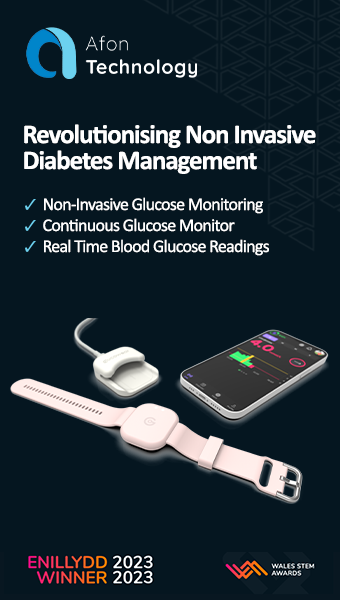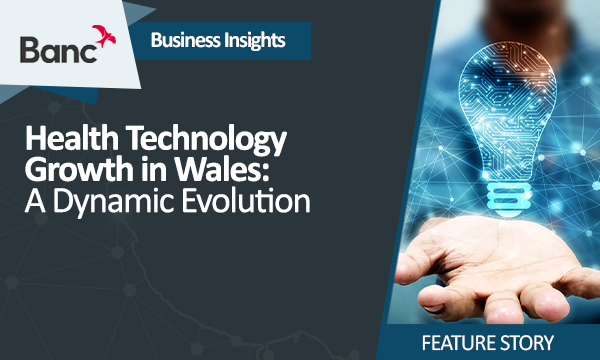Ten key opportunities identified for how the NHS in Wales can restart and reset planned care systems following the pandemic
Despite more patients facing lengthy waits, the NHS in Wales now has a once in a generation opportunity to reset and restart its planned system, to ensure it is more patient focussed, and can manage demand in a more sustainable way, this is according to a report published today by the Auditor General for Wales.
On Friday 13 March 2020, the Welsh Government announced that it would be halting all non-urgent planned care treatment in hospitals to prepare for the impending wave of COVID 19 patients. This came ahead of similar announcements for England, Scotland and Northern Ireland. The NHS has continued to treat the most urgent patients. But hundreds of thousands of people in Wales now face very long waits for their diagnosis and treatment. At the end of May 2020, around 148,000 patients had been waiting more than six months (up from 77,000 in January). Of those long waiting patients, 79,000 were still waiting for their first outpatient appointment (up from 33,000 in January).
However, before the COVID-19 pandemic hit, the NHS in Wales was already struggling with growing waiting times for planned care. There was a rapid deterioration during 2019-20, mostly due to new tax rules which made NHS staff less likely to work extra shifts. Some progress had been made in specific areas since the Auditor General reported on waiting times and orthopaedic services in 2015. But there had not been the sort of whole system change that is needed to create a sustainable planned care system capable of meeting waiting time targets.
The NHS now faces the challenge of tackling this sizeable backlog of elective treatment whilst still dealing with the effects of the pandemic. Today’s report identifies ten opportunities for the NHS in Wales as it looks to reintroduce planned care. Five of the opportunities focus on ways in which services can be restarted in the short term, whilst the other five opportunities look at longer term change of the planned care system.
The five immediate opportunities identified as planned care restarts involve:
- Continuing to develop systems which make sure the NHS prioritises those patients who are most in need of treatment.
- Engaging with the public and patients to explain the challenges the NHS faces and the reality of long waiting times for many, and working with patients to explore whether there may be alternative options for their treatment.
- Reintroducing services in a careful and planned way, ensuring the safety of all involved but being flexible enough to respond quickly to ongoing COVID-19 challenges.
- Clinicians and data scientists working together to go through waiting lists, to rigorously test whether that surgery or treatment is the best option for the patient.
- Building on public health protection messages to encourage people to take responsibility for their own and other people’s health, for example by taking up flu vaccines, maintaining good hygiene and social distancing and reducing spread of all sorts of infections, not just COVID-19, thereby protecting NHS capacity over the difficult autumn/winter period.
The five opportunities identified for the longer term involve:
- Taking brave decisions about whether the existing targets are helping services to focus on those most in need and the things that matter to patients and their families.
- Strengthening leadership around change and improvement, learning lessons from the way national programmes were run previously and from the approaches to leadership developed as part of the response to COVID-19.
- Consolidating and expanding recent service changes, ensuring these are done in ways that involve patients.
- Having a full and frank review of what capacity and resources are needed over the longer term to sustainably deliver planned care for NHS Wales.
- Developing ways to measure progress and success for planned care that are based on what matters to patients.
Auditor General, Adrian Crompton said today:
“In responding to COVID-19, the NHS in Wales has demonstrated that it can adapt and change at pace. As recent developments have shown, the virus is still very much with us and this Winter is expected to be particularly challenging. In looking to safely reintroduce planned care, it is vital that every opportunity is taken to come back better and address the problems that were evident in the pre-COVID system. I hope today’s report provides a useful stimulus to the thinking that has already begun to achieve that important aim.”






